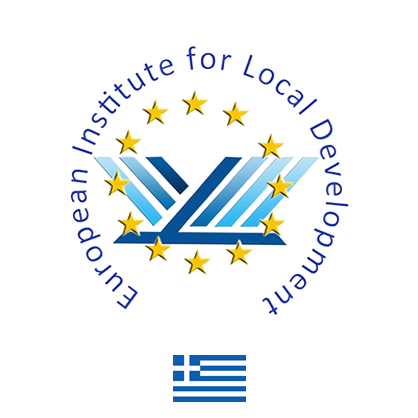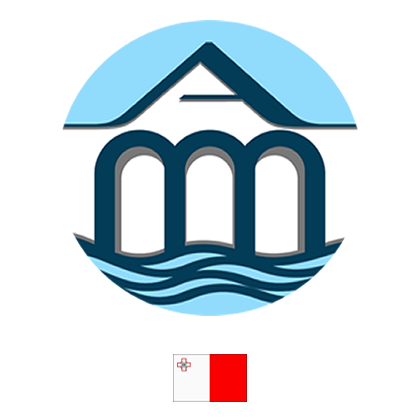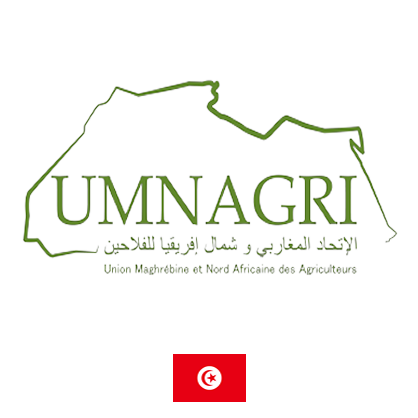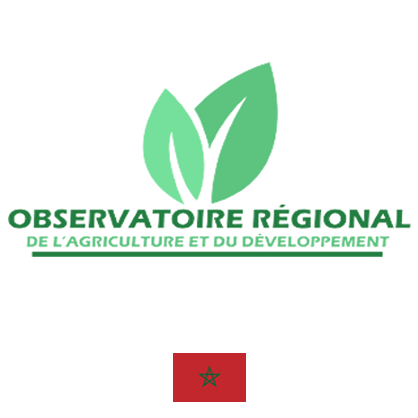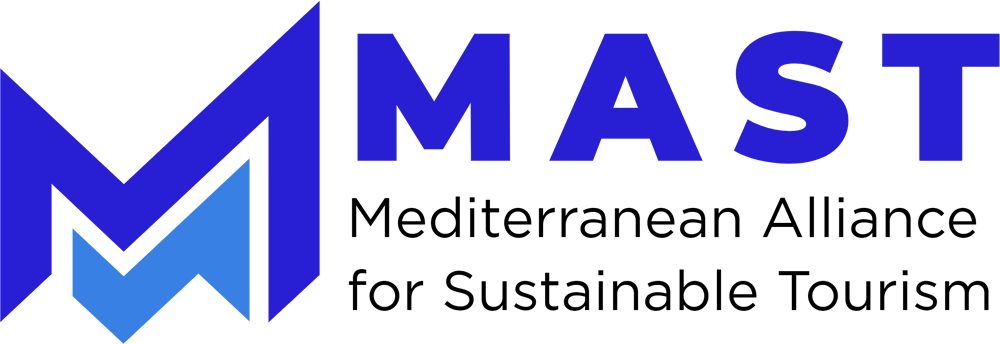The project
MAST
Mediterranean Alliance for Sustainable Tourism post COVID

Context and objectives
According to the World Tourism Organization (UNWTO), tourism is one of the sectors most affected by the COVID-19 pandemic. International tourist arrivals in the first quarter of 2020 were a fraction of what they were in 2019, and prospects for the last part of 2020 and for 2021 were downgraded several times in view of the high level of uncertainty of the pandemic evolution.
This marks an end to a 10-year period of sustained growth since the 2009 financial crisis. Southern Mediterranean countries suffered the largest reduction in tourist arrivals at 72%, with a 66% decline in Europe and 57% in Africa and the Middle East.
However, the current pause in global travel can be used to develop new models and approaches to ensure a resilient and sustainable tourism recovery that supports communities, creates jobs, promotes culture and protects heritage.
The MAST project aims to reboot tourism by introducing new business ideas, marketing and communication strategies, and renewed dialogue among MSMEs and public authorities.
The overall objective of the action is to reboot tourism by rethinking and overcoming current paradigms, going towards new sustainable tourism approaches: to introduce new business ideas, marketing and communication strategies and a renewed dialogue among MSMEs and public authorities.
Location
- Greece
- Italy
- Malta
- Tunisia
- Morocco
Beneficiaries
• Tourism entrepreneurs and aspiring entrepreneurs.
• Job seekers and employers of the tourism sector.
• Public authorities, local governments, NGOs, training institutions and other entities for the promotion of sustainable tourism.
Key actions
- State of art analysis of strengths and weaknesses of the region, with KPIs to monitor the project and its impact.
- Training and advanced knowledge resources for entrepreneurs and MSMEs to promote ways of sustainable business activity, including social entrepreneurship, contributing to progress and innovation in employment in the tourism sector. Training modules developed by higher education institutions will cover, among other topics, business and management, entrepreneurship and sustainability strategies, rural tourism, and specific sanitary measures in response to the pandemic.
- Business planning and coaching services to support MSMEs and aspiring entrepreneurs to adopt inclusive business practices and adjust to changing business conditions in response to the economic and health crisis.
- Increased employability in the tourism sector via a specific platform to allow the match of skills of job seekers and employers, increasing access to the labour market.
- Networking and promotion among public authorities, local governments, NGOs and local communities to raise the profile of local business communities and women entrepreneurship, and ensure sustainability and replicability of results.
Expected results
- New, more sustainable tourism ideas brought to the market, including rural tourism projects, wellbeing programmes for different target groups, cultural and heritage tourism offers, and biodiversity experiences.
- Tourism entrepreneurs supported in renewing their own businesses, looking at new forms of hospitality, marketing and communication strategies based on quality, attention to local heritage, natural resources, local food production, and adoption of COVID-19 mitigation measures.
- Better matching between job seekers and employers in the tourism labour market via a dedicated platform.
- New partnerships between stakeholders, including public authorities and businesses about sustainable tourism.
Final Results
This is the latest version of the KPIs performed and also suggestions about the combitation of KPIs in the context of sustainable tourism.
The consortium of the MAST project composed a list and methodology open to organisations in order to be updated about the material used and the way all the activities have been performed. A useful tool for knowing the projects and its operational methodology
- Dev. 8.1 List of materials to transfer to external organisations and continuous update
- Dev. 8.1 V2 List of materials to transfer to external organisations and continuous update
Wp 5 coaching meeting gr
The Leading partner EILD, on 16.3.22, performed a coaching activity that included all individuals involved in the project actively and attended the courses. A nice opportunity to offer one to one guide on the topic of sustainable tourism.

Wp5 coaching guidelines
Leaded by MACTT, there is available a coaching guideline format open and available for all organisations that are interested into hosting such activities like the meetings performed in the context of our MAST project.

